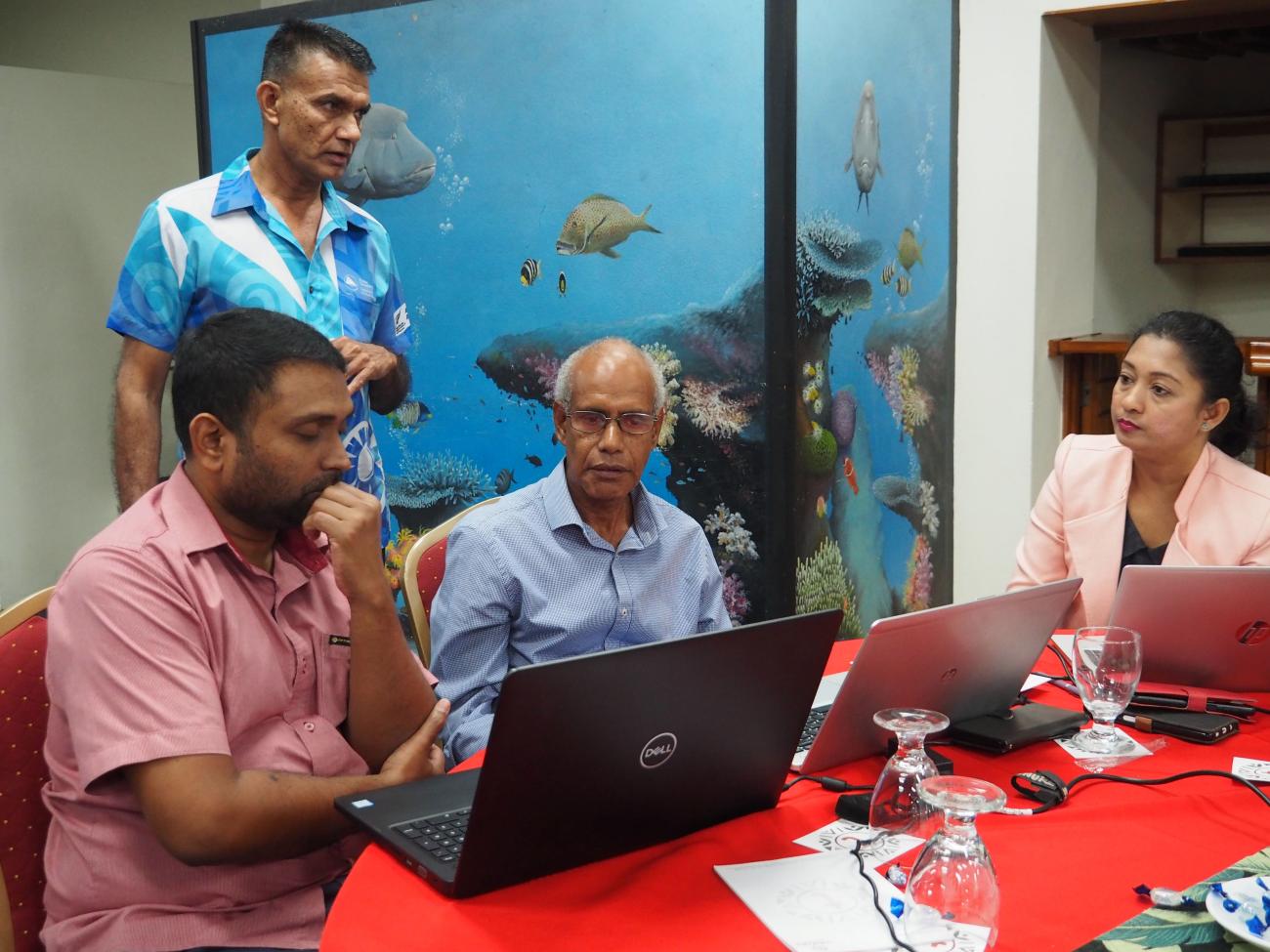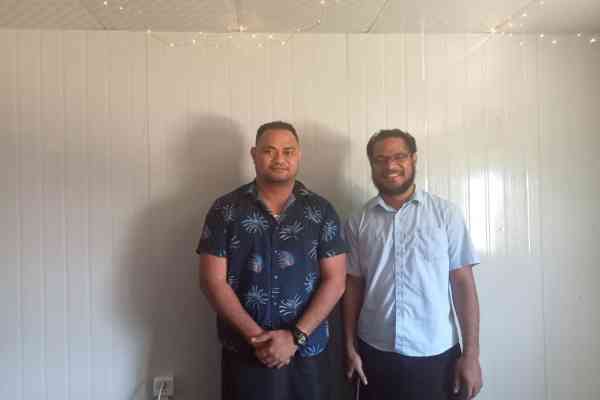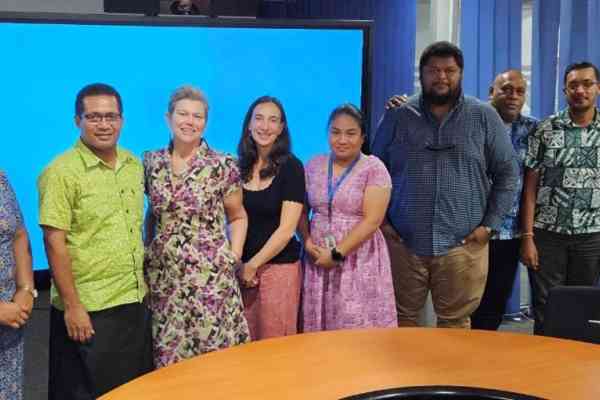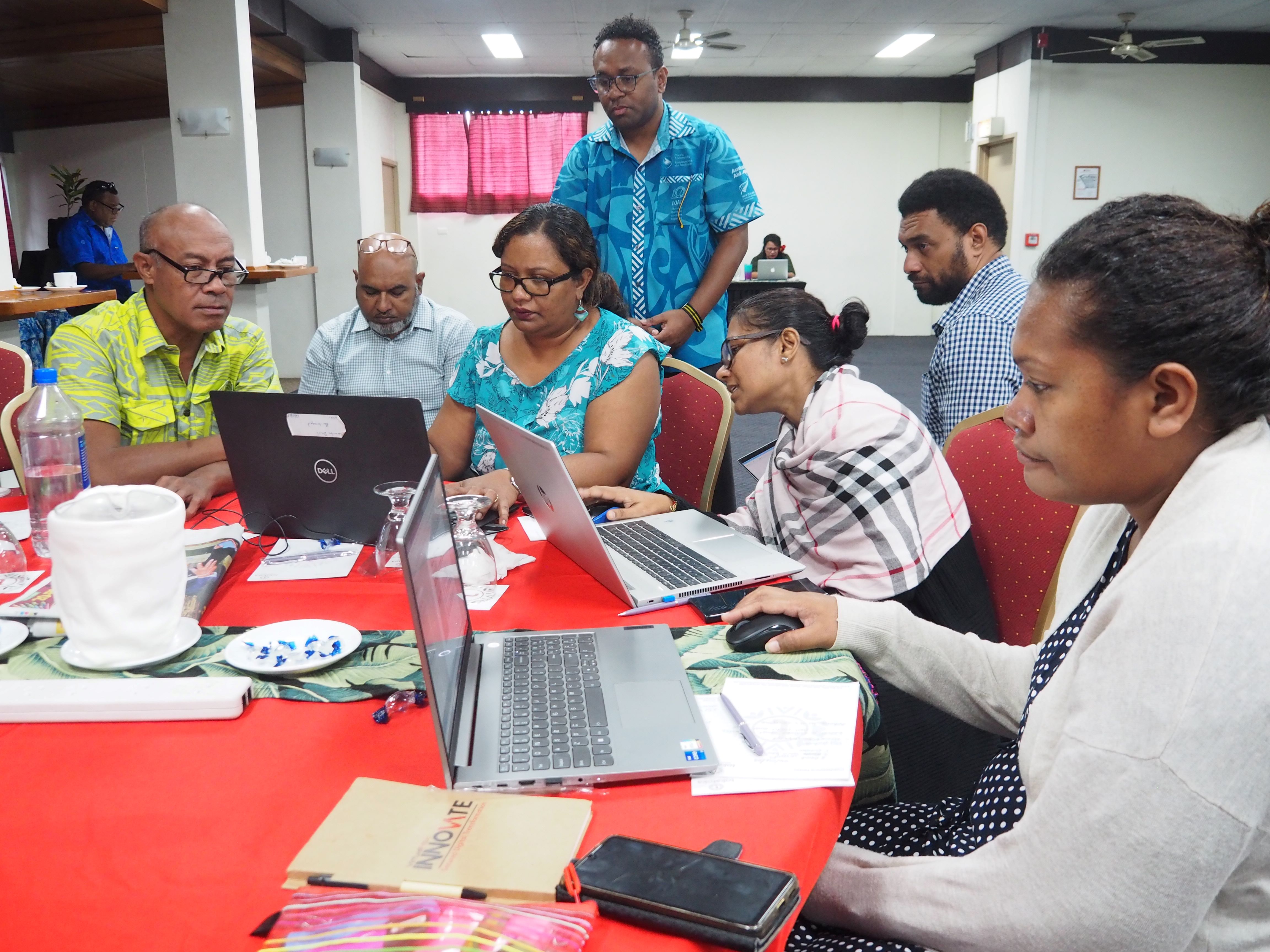
The Pacific region faces critical challenges related to substandard Solid Waste Management (SWM) and energy poverty. The Pacific Community’s (SPC) Pacific Adoption of Waste-to-Energy Solutions (PAWES) supports its member countries in Samoa, Papua New Guinea, Nauru, Tuvalu and Solomon Islands to explore Renewable Energy Technologies (RET) and SWM solutions.
The PAWES project in collaboration with SPC’s Educational Quality Assessment Programme (EQAP) recently held a training for regional Waste to Energy (WtE) experts from across the Pacific under the projects Industry Advisory Committee (IAC) to draw on their diverse expertise to review and to update the existing sustainable energy qualifications, first developed in 2018.
The week-long training included experts from regional educational institutions, research entities, the private sector, government ministries, and other implementing bodies will ensure that regional and national educational providers are well-equipped to offer up-to-date curricula and training programmes on WtE.
Lindsay Teobasi, Founder of the Design and Technology Centre in Solomon Islands said the IAC meeting is important to develop industry standards and competencies across the Pacific.
"This programme is timely so that we can have qualified people that meet the standard work practices, ensuring quality work output. These sentiments echo the sentiment of a united Pacific striving for excellence in sustainable waste management and energy generation”.
The significance of regional qualifications for Waste-to-Energy cannot be understated. Lindsay emphasised the compatibility these qualifications bring across Pacific nations and even internationally adding, with standardised qualifications, Pacific professionals can confidently contribute to global sustainability efforts.
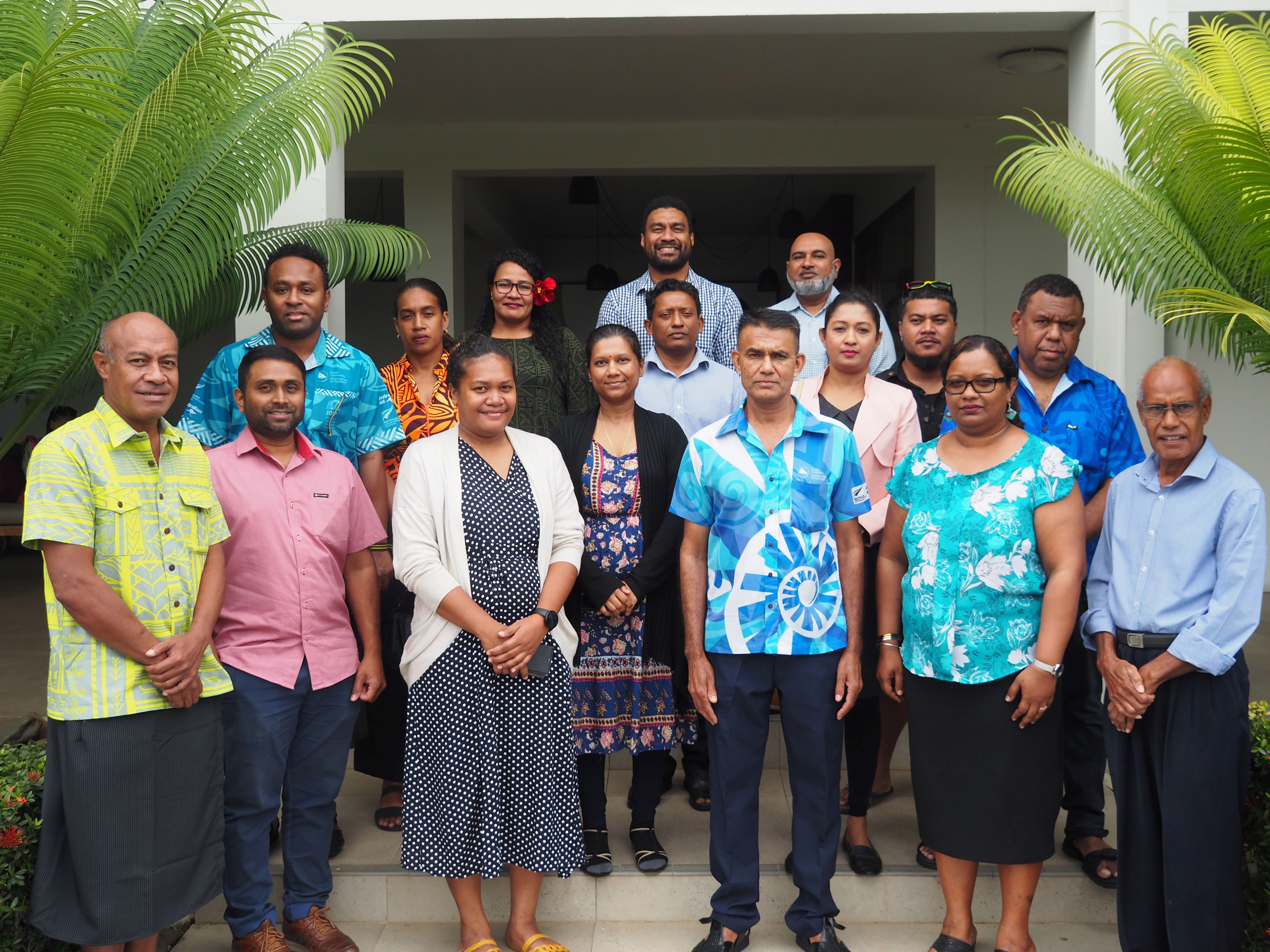
The IAC with the assistance of EQAP facilitators are using the Pacific Quality Assurance Framework (PQAF) and relevant national quality assurance standards to ensure that learners and the broader Pacific community receive qualifications not only of the highest standard but are relevant to its needs.
Samoa’s Setoa Apo of the Ministry of Natural Resources and Environment stressed the importance of diverse collaboration. "Having diverse members from academia, energy, and waste sectors involved in developing waste-to-energy qualifications is amazing. This learning tool will elevate waste management and energy concepts in our national institutes."
Ashmita Devi, Resilience Programmes Coordinator, Pacific TAFE, University of the South Pacific (USP), highlighted the far-reaching impact of PAWES. "This qualification provides a pathway for learners already in the workforce to gain a formal education. It meets regional needs, supports the Sustainable Development Goals, and enables innovative energy solutions."
The IAC is supported by the PAWES project and funded by the European Union through the OACPS R&I Programme and ACP Innovation Fund.
